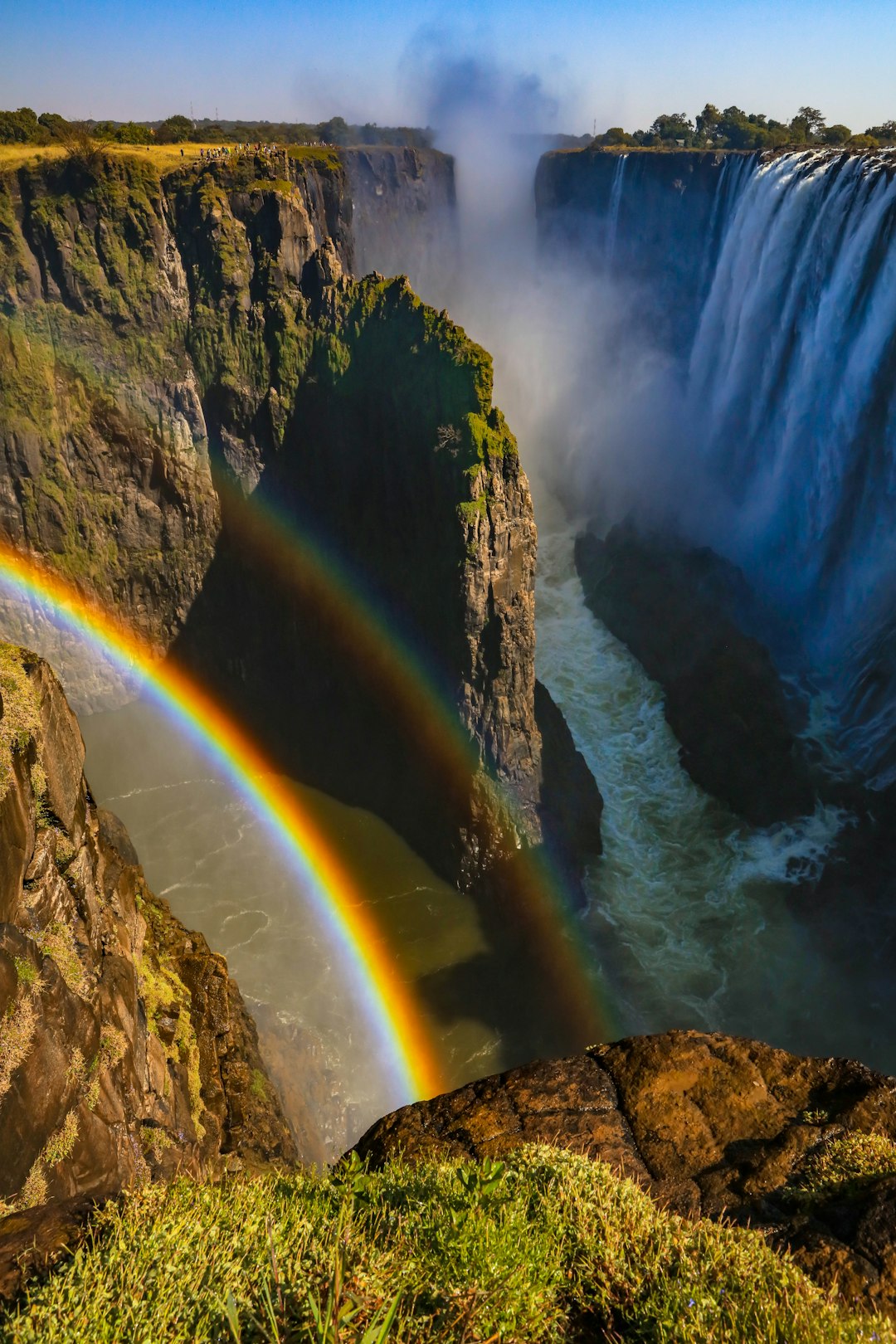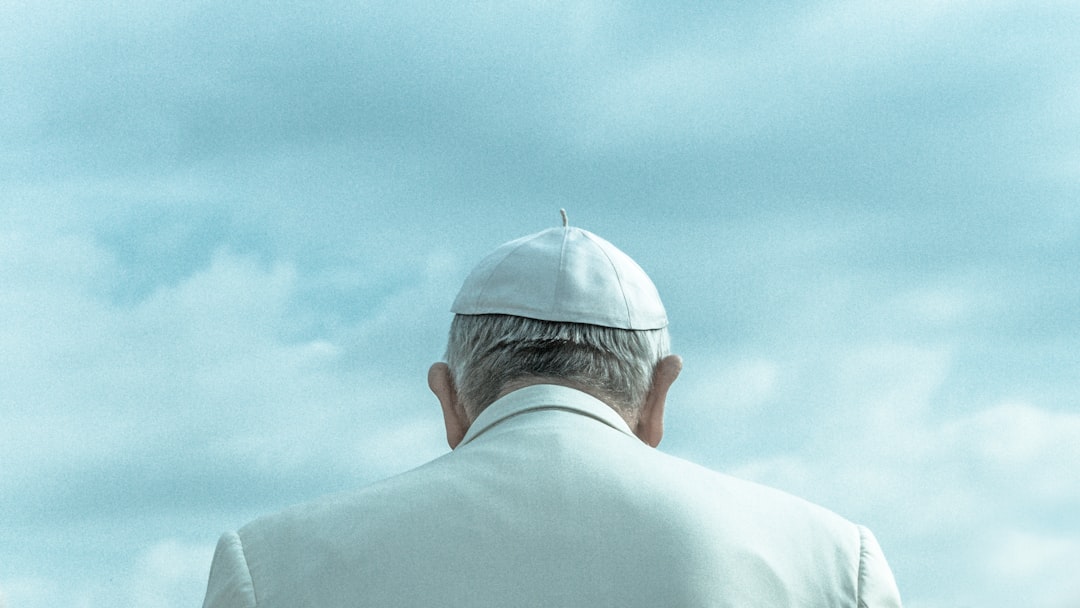🔅 Nigeria's Cash-Swap Woes
Plus: Ghana-born artist takes on the Venice Biennale, U.N. investigating possible war crimes in Mali by the government forces and the Wagner Group, The Pope's message for DRC's youth, And much more… ☕
Photo of the day: Zambia

Markets:
🔺 Nigerian SE: 53,998.12 (+0.93%)
🔻 Johannesburg SE: 79,802.09 (-0.02%)
🔻 Ghana SE: 2,401.50 (-0.41%)
🔺 Nairobi SE: 127.66 (+0.02%)
🔻 US S&P 500: 4,187.10 (+1.65%)
🔺 Shanghai Composite: 3,285.67 (+0.02%)
US Inflation: Inflation is starting to look like it’s under control, and it fell to 6.5% in December from a peak of 9.1% in June. That said, Fed chair Jerome Powell, isn't taking his foot off the gas just yet. He says Americans should expect a couple more rate hikes, especially because the recent stock market rally could actually do more to push inflation higher.
Shell's Outrageous Profits: The UK-headquartered oil and gas giant Shell had the highest profits in its 115-year history last year: a whopping $39.9 billion. The reason? Russia's invasion of Ukraine. Yup, after energy prices skyrocketed, Shell made out like a bandit. But while the company was celebrating record earnings, households were struggling with higher bills.
*Data accurate as of the close of markets across the continent
ECONOMY
Nigeria's Cash-Swap Woes

As Nigeria races to introduce newly designed currency notes, people have been unable to buy what they need, and businesses have been forced to shut down nationwide.
The Central Bank of Nigeria says the new notes will help curb money laundering and make digital payments the norm. But the process has been “rushed,” and commercial banks don’t have enough new cash.
Why the new notes?
The government is pushing for a cashless economy to be more inclusive and believes the changes will drive economic growth. Critics are sceptical, pointing to past corruption and the struggles of the many living in poverty.
What's been the impact so far?
75% of the 3.2 trillion nairas ($7.2 billion) in circulation across the country has been deposited with financial institutions. But this has led to a cash supply crisis, which has disrupted businesses and crippled economic activity across the country, especially in rural areas, where cash transactions are king.
Furthermore, the digital payments system the government is pushing for is run by banks, and is unreliable, leaving businesses struggling. A parallel market has cropped up in which people illegally sell new banknotes.
The currency changes have been done at the expense of most Nigerians, who are already facing rising inflation of 21.3%.
The authorities have extended the deadline for Nigerians to deposit their old banknotes by ten days, to February 10. But experts argue that more time needs to be allowed for the old notes to be gradually replaced by new ones.
Ultimately, the Nigerian government needs to make sure the channels they are pushing are reliable, and that they are not legislating a change in behaviour without being mindful of the struggles many Nigerians face.
If you’re a regular here, hit that share button. Tell your friends or colleagues about how Baobab will get them smarter on African business, money and current affairs in less than 5 minutes a day, for free!
OTHER HEADLINES
Across the Continent
🇬🇭 Sir John Akomfrah is Going to the Venice Biennale | Filmmaker and artist Sir John Akomfrah, known for his searing video installations exploring climate change, colonialism, and other complex issues, is taking the U.K.’s art to the Venice Biennale. The Ghana-born, London-based Akomfrah has been knighted for his artistry and he’s no stranger to the Biennale—he’s been to two of them before. Akomfrah’s work—from his early years in the Black Audio Film Collective to his solo works—touches on a range of themes, including racial injustice, post-colonial legacies, diasporic identities, migration, and extreme weather events. We can’t wait to see what Sir John Akomfrah brings to the Biennale in 2024!
🇲🇱 U.N. Investigates Alleged War Crimes in Mali | Human rights experts are investigating possible abuses, war crimes, and crimes against humanity by Mali’s government forces and the Wagner Group, a mysterious military contractor linked to Russia. The U.N. experts reported “horrific executions, mass graves, acts of torture, rape and sexual violence” and other alleged crimes over the last two years. Diplomats and human rights groups are worried that since the Wagner Group’s arrival, violence against civilians has increased, and Islamic extremist groups have only gotten stronger. The U.N. is concerned about the Wagner Group’s lack of transparency and ability to operate with impunity. It claims that victims of the Wagner Group’s abuses have been subject to reprisals for speaking out.

🇨🇩 Pope Francis’ Pep Talk for Congo’s Youth | The cheers and chants from the 65,000-strong crowd in the Martyrs’ Stadium made it clear that the young people were ready to hear what Pope Francis had to say. And, let’s be real, he delivered: The pope urged the young Congolese to reject corruption and drugs, and to focus on creating a peaceful and honest future. The crowd was feeling it, especially since more than two-thirds of Congo’s population is under 25 and facing serious struggles—like displacement, food insecurity, and lack of job opportunities. DRC ranks 166th out of 180 on the corruption perception index, which is likely one factor contributing to the country’s conflict and instability.
🇬🇳 Work to Resume on Guinea’s Simandou Iron Ore Mine | Guinea’s Simandou iron ore mine and infrastructure project is getting back on track with the military junta announcing that work will resume in March. The junta had ordered a halt on the project last July in order to get the shareholders—Rio Tinto, Aluminium Corporation of China, China Baowu Steel, and Winning Consortium Simandou—to agree joint venture terms. The junta has given the partners until the end of February to come to an agreement, and is expecting production to start by March 31.

🔅 World Bank’s Power Play in West Africa | Four West and Central African countries have significantly boosted the energy department: Sierra Leone, Liberia, Togo, and Chad. Thanks to the World Bank’s $311 million investment, these countries will get 106 megawatts of solar power with battery energy and storage systems, plus an additional 41 megawatts of hydroelectric capacity. President Julius Maada Bio of Sierra Leone said the deal marked the start of a revolution in energy access. The project is especially timely, as rising energy costs due to Russia’s invasion of Ukraine have been taking a toll on the region.

FOOD FOR THOUGHT
Proverb of the Day
“If two wise men always agree, then there is no need for one of them.”
— Zambian Proverb.
Like Baobab?
Don’t keep it to yourself. Share it with friends and colleagues using the easy one-click button below:
Otherwise, let us know how we’re doing by replying to this email.





